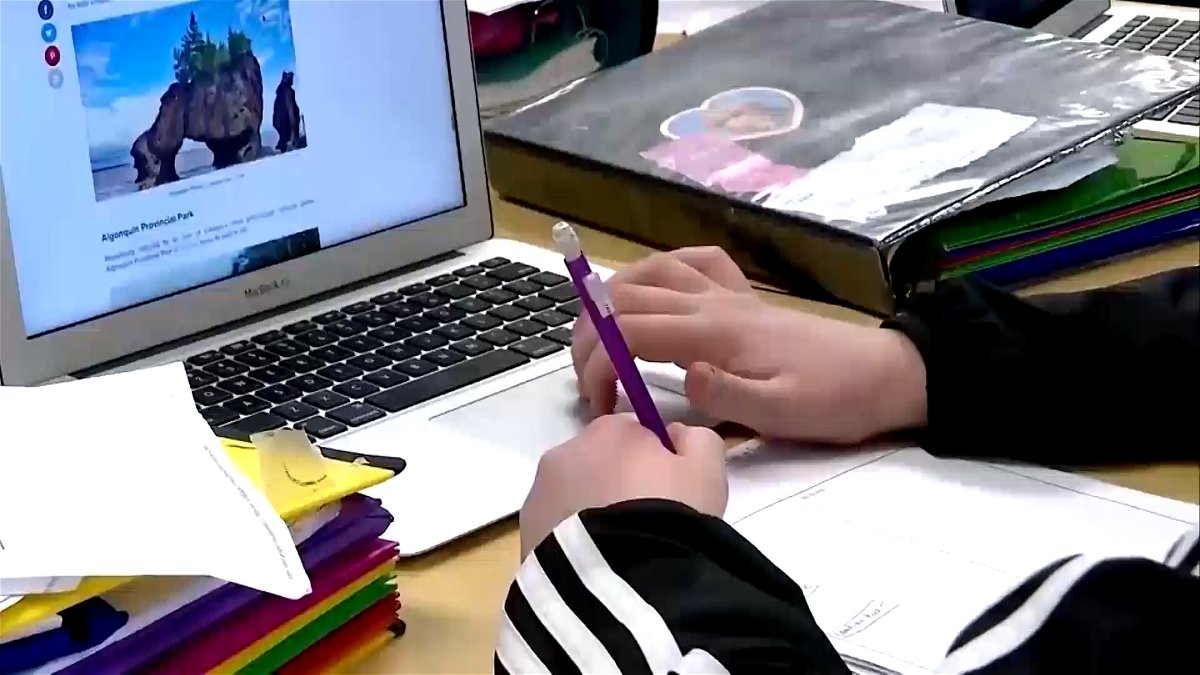How to prevent ‘cheating’ and promote authentic learning when it comes to virtual education

The pandemic has made school districts and teachers rethink the way they’re giving tests.
The temptation for students to “cheat” when it comes to online learning is a challenge educators are facing everywhere.
“From a parent perspective it’s all about having that conversation with your student,” said Ethan Fieldman, CEO of Study Edge. His company offers online learning support nationwide.
“We set up a website called anticheating.com, which is a free resource for parents to find out all the different ways to help their student not to cheat,” he said.
If you’re a parent or a teacher, it’s a resource worth checking out. Anticheating.com covers everything from basic tips like taking away a student’s cell phone during a home exam, to explaining new software and apps that exist to prevent online cheating.
“I use an app called 'Quizzes' which provides time limits for the student,” said Luis Cardenas, a social studies teacher at La Familia High School in Thermal.
Cardenas says using a testing app that has time limits and prevents the ‘copy and paste’ function from working can help.
“I’ll try to create questions they can’t simply Google,” he added.
He also uses an app called “Nearpod” that shows when a student stops engaging with the test or if they open another tab.
“Constantly updating and switching the assessments definitely helps too,” he said.
The principal of La Familia High School, Dr. Rosalind Burge, says the pandemic has made them reassess student learning altogether.
“Before we can focus on learning and testing, I need to make sure my students are safe and they feel good about themselves,” said Burge.
They’re also rethinking the best ways to ensure kids are actually retaining what they learn.
“Gone are the days are the paper and the pencil test,” she said.
Burge says in many cases it’s becoming less about a simple multiple choice test and more about projects or exercises that have students explain in their own words what they’ve learned.
“How do we use authentic assessments through group work and projects and google docs where teachers can actually see what students are typing writing,” she said.
Burge added that when there is a live interaction online between the teacher and student, it’s a lot harder to cheat. And live assessments are often more engaging for the students anyway.
“How do you cheat on an assignment when it’s about you? It’s your opinion. If you did cheat, you’re cheating yourself in that instance,” she said.
